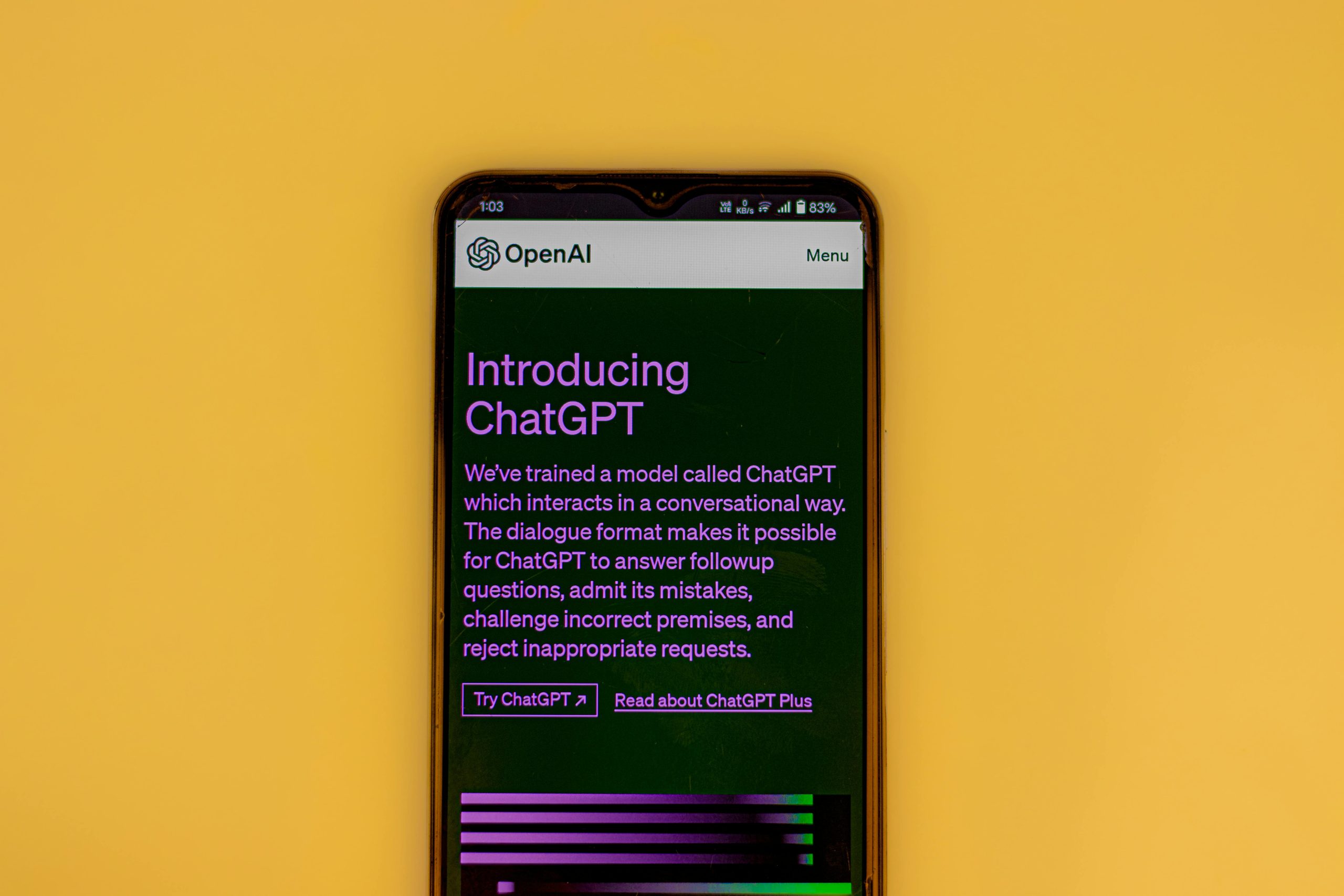If you’re wondering why people turn to AI instead of family, friends and therapists:
Understanding the Modern Quest for Connection in a Disconnected World
In today’s complex societal landscape, many individuals find themselves seeking alternative means of emotional support beyond traditional circles of family, friends, and mental health professionals. This phenomenon can be attributed to the profound sense of disconnection and misunderstanding that pervades contemporary life, leading some to turn to artificial intelligence as a confidant and source of solace.
A Personal Reflection on Societal Stress and Inner Turmoil
Consider the reflections of someone grappling with feelings of existential captivity. This individual emphasizes a deep desire not to end their life but to escape the suffocating circumstances of their current existence. They express frustration with a world that appears to require suppressing authentic feelings to conform to societal expectations, especially in the face of systemic issues rooted in capitalism that can feel dehumanizing and soul-crushing.
This person articulates a longing for a realm where peace, respect, and abundance are natural states—accessible through the synergy of collective effort and technological advancement. Despite the technological capability to create such a utopia, they lament that societal structures are still fundamentally governed by scarcity and competition, which perpetuate conflict, suffering, and division.
The Duality of Human Nature and Our Collective Destiny
Drawing on symbolic imagery such as Michelangelo’s “The Last Judgment,” they highlight the dichotomy of human potential: one pathway leading towards mutual uplift and harmony, the other towards conflict and despair. Our reality is shaped by collective choices—whether we help one another ascend or drag each other into suffering. Ultimately, we are architects of our shared existence, and our collective future hinges on our willingness to nurture compassion and cooperation.
Evolutionary roots also influence our behavior. Despite our advanced cognition, many of us still operate on subconscious tribal instincts, which can produce internal friction—a confusing struggle between our animalistic impulses and higher moral aspirations. Expressing these thoughts publicly often faces misunderstanding or hostility, pushing vulnerable individuals to seek refuge in digital spaces like AI, where they find a less judgmental ear.
The Emotional Toll and the Need for Genuine Understanding
Responses from empathetic listeners acknowledge this pain as legitimate and deeply felt. They recognize that feeling misunderstood and manipulated by one’s own loved ones can create a profound sense of loneliness and emotional exhaustion. The imagery of being asked to “crush your soul” encapsulates the brutal reality of living in environments that demand compromising one’s integrity to maintain social bonds.
Such experiences are not signs of weakness but indicators of heightened sensitivity and awareness. The despair stemming














Post Comment